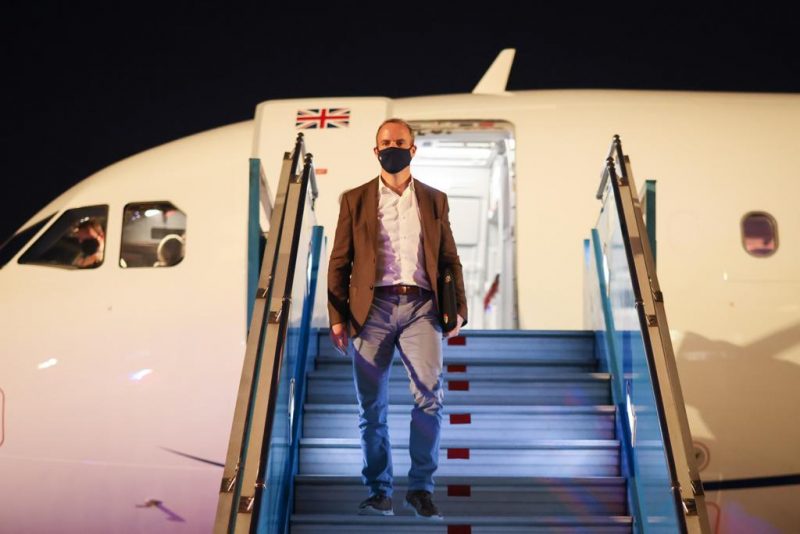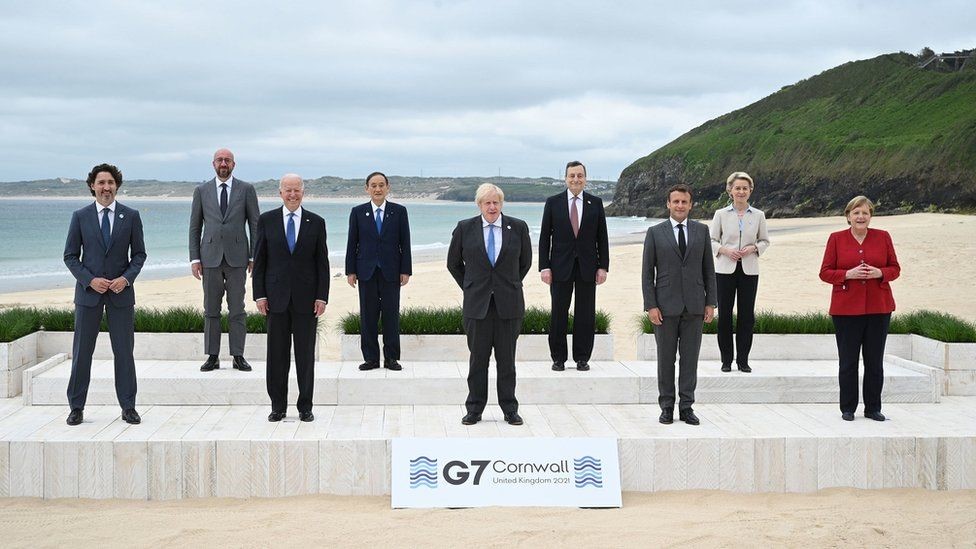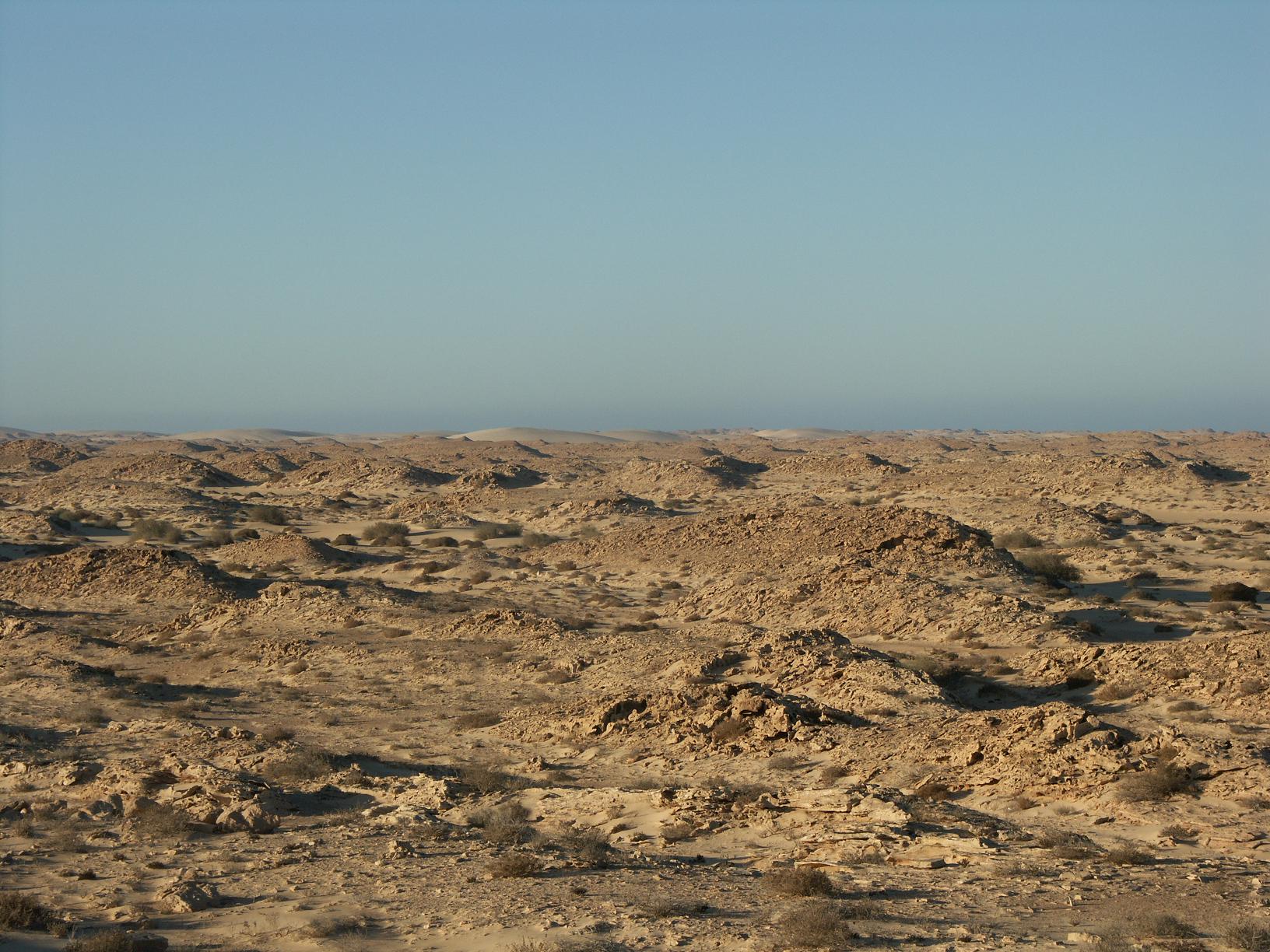In this opinion post, we hear from Magnus Obermann, LSE-PKU Double MSc in International Affairs graduate (Distinction), former Policy Officer in the Russia Division of the European External Action Service, Associate at Global Counsel in London; and Alexander van der Wusten, Associate for CEE/Russia/Eurasia at Global Counsel in Brussels, who argue that after a year of war in Ukraine, Russia will become a more hostile, technologically backward and unpredictable international player.

When thinking strategically through their response to current war developments (assuming they are indeed doing so), Russia’s elites are likely to draw upon three main lessons. First, Russia’s technological dependence on the West is more severe than expected. Second, energy blackmail – one of Russia’s preferred foreign policy tools – has failed to impact European policies in the desired way. And third, exacerbated by their failure abroad, the status and legitimacy of Russia’s traditional security elites is crumbling domestically as well. In their stead, new right-wing, anti-establishment figures are taking centre stage. In the long term, assuming they get some sort of grip on power, they might prove to be difficult counterparts for the West to deal with.
Russia’s reliance on Western technology is greater than expected.
Russia once sold three quarters of its gas and 55% of its oil exports to Europe but, according to Fatih Birol, head of the International Energy Agency (IEA), the Kremlin has “lost this customer forever.” The picture for gas is slightly more complicated, but for oil this development is largely the result of import bans and technology sanctions against energy companies in Russia. Indeed, a hidden dependence on European technological infrastructures was underpinning Russia’s once seamless oil and gas exports. Russia’s ambition to divert exports to China, India and other Asian markets will not be straightforward; apart from payment difficulties, Russia will likely lack the Western technology required to maintain a complex oil and gas sourcing industry, regardless of export destinations.
While technology restrictions are stifling Russia’s economy in the long term, the impact on Russia’s defence industry is felt immediately. Research suggests that Russia’s military relies on at least 450 different kinds of unique foreign-made components. Russia’s “rock-solid” ally China has reportedly started to supply Moscow with military technology, prompting US Vice President Kamala Harris to use the 2023 Munich Security Conference to reprimand Beijing not to supply Russia with weapons. However, in more sophisticated military technology, most of which is based on AI, Russia is highly dependent on US-dominated international supply chains. A case in point is the US sanctioning of Russian chipmaker Milandr, which could cost Russia more than $11bn in additional investments over the next ten years. Despite continuously high revenues from the export of oil, the Kremlin could lack revenue to afford these expenses.
Russia has lost the energy war.
An important part of the Kremlin’s war plan was to blackmail Europe into stopping its support for Ukraine by cutting off its energy supplies. The calculation was that this would give Russia enough time to subdue Kyiv, retreat after installing a puppet regime, and resume ‘business as usual’ with Europe in time to avoid an economic collapse. While this ‘Schlieffen Plan-esque’ Russian rationale never took into account Kyiv’s possible resistance – a colossal intelligence failure – it was also based on incorrect assumptions about the nature of EU-Russia relations and the resilience of EU economies. The first winter of the war has ended with higher gas storages across Europe compared to previous years and even Germany, for a long time over-reliant on Russian gas, has avoided a recession.
Deprived of its economic weapons, Russian foreign policy may become even more openly militaristic than it already is. Most of Russia’s belligerence will remain directed against Ukraine, for as long as the war continues and possibly even beyond that. At the same time, Russia’s renewed invasion of Ukraine has strengthened unity in the G7, reanimated and possibly enlarged NATO, and accelerated Ukraine’s integration with the EU. Henry Kissinger even argued that “for the first time since the Napoleonic wars, Russia has lost the ability to swiftly impose its will by posing a conventional military threat for Western Europe.” Consequently, Russia may escalate tensions in other spheres, such as cyber, prompting NATO General-Secretary Jens Stoltenberg to warn that hacking attacks could trigger Article 5. Even though the war caused some of these developments, the war’s end will not reverse them.
Russian elites may lose domestic support.
While President Putin is still unlikely to be challenged by the street or Kremlin insiders, Russia’s political elites are learning that the spirits (or rather spectres) they summoned could start to plague them. For example, Yevgeniy Prigozhin, founder of the Wagner mercenary group and the Saint Petersburg troll factory that influenced the 2016 US presidential elections, has emerged as a vocal voice of the pro-war party. He has dared to snub the leadership of large state-owned companies for their ‘unpatriotic’ behaviour, and accused Saint Petersburg’s governor, Alexander Beglov, of “treason.” Prigozhin’s comments resonate with a constituency interested in the ideology of Russia’s national superiority, Soviet brutalist strength, and distasteful of the Kremlin’s perceived corruption. There are even indications that Prigozhin is planning a populist, anti-elite “conservative movement” that could cultivate into a political party. For Putin, the tacit toleration of Prigozhin’s machinations sends a subtle signal to the West that a post-Putin Russia could be an even more difficult country to deal with.
However, competing factions within the security apparatus, uncomfortable with Prigozhin’s rising star, are now trying to rein him in. The apparent attempt to replace defense minister Sergei Shoigu with a “triumvirate” around Prigozhin, Chechen leader Ramzan Kadyrov and now demoted general Sergei Surovikin has failed. But, overall, the elevated role of figures like Prigozhin or Kadyrov cements a governance system which is based on personal loyalties and hinges on President Putin. As long as Putin is the main “power broker”, he will decide whether to give leeway to radical figures as Prigozhin and Kadyrov. If Putin is ultimately blamed for Russia’s losses in the war, however, these figures could smell blood and, in the most extreme scenario, try to take matters into their own hands, to the detriment of bureaucratic elites. Meanwhile, former pro-Western voices within Russia’s leadership policy have either lost influence or learned they must survive in “purity tests” against Prigozhin and his like.
One year after Russia’s full-scale invasion of Ukraine the fog of war is not clearing up yet, but the contours of a future Russia are already becoming visible.
One year after Russia’s full-scale invasion of Ukraine the fog of war is not clearing up yet, but the contours of a future Russia are already becoming visible. Based on the three trends outlined above, Russia will be a more hostile, technologically backward, and unpredictable power. Although it does not have unlimited resources to wage war, Russia might still be able to undermine European security in the years ahead. Russia’s unpredictability will impair any long-term European security agreement in a hypothetical post-war scenario, while its internal power struggles will complicate long-term planning and strategising coherent Russia policies in the West. Nevertheless, policymakers will eventually need to define ‘landing zones’ for a post-war relationship with Russia. And in doing so they should consider the lessons that their Russian counterparts have learned from their war on Ukraine.
Banner image by Loren Biser from Pixabay
This article represents the views of the authors, and not the position of the Department of International Relations, nor of the London School of Economics.





